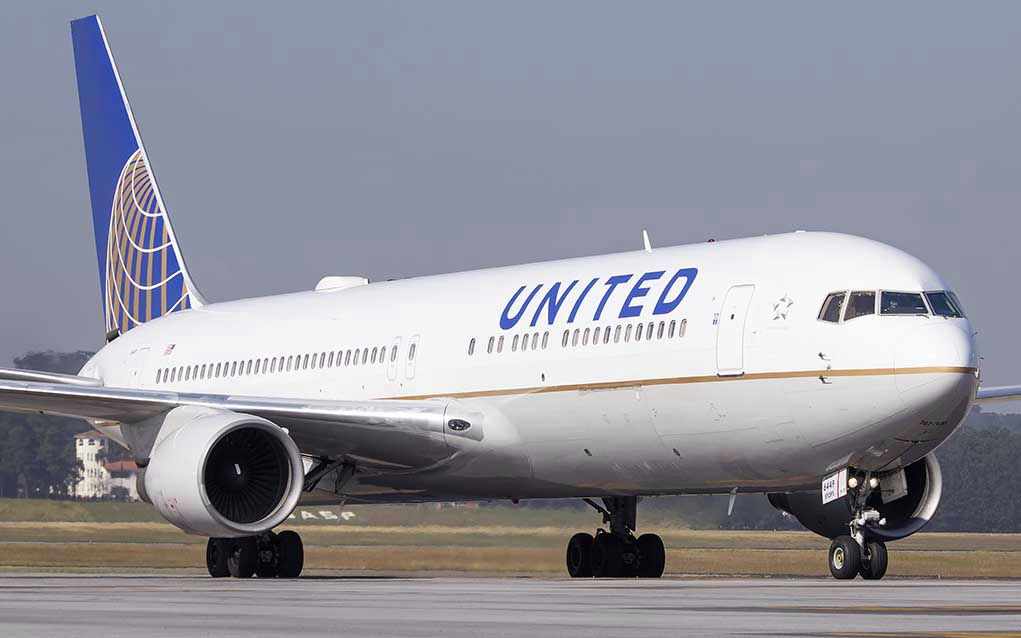
In a heated showdown over privacy rights, the Traveler Privacy Protection Act of 2025 faces fierce opposition from the airline industry, sparking a national debate on biometric surveillance at airports.
At a Glance
- Traveler Privacy Protection Act aims to protect biometric data at airports.
- Bill proposes opt-out rights for facial recognition checks.
- Airline industry argues the bill could hinder airport efficiency.
- Privacy advocates support the bill citing civil liberties concerns.
Bill Introduced to Protect Traveler Privacy
On May 8, 2025, a bipartisan group of Senators introduced the Traveler Privacy Protection Act in an effort to safeguard the privacy of American travelers. This legislation aims to give passengers the right to opt out of facial recognition security checks at airports without facing any punitive measures. The bill also seeks to limit the TSA’s use and retention of biometric data, addressing longstanding concerns about privacy and civil liberties.
The legislation comes at a time when the TSA has rapidly expanded its use of facial recognition technology, now implemented in over 80 airports with plans to reach more than 400 locations. While the TSA insists that the program is voluntary, privacy advocates argue that the current opt-out options are unclear and inadequate.
Airline Industry Pushback
The airline industry, along with associated travel groups, has voiced strong opposition to the bill. Industry representatives argue that restricting the use of biometric data would slow down airport processing times, undermine security, and reverse years of digital transformation. As the bill heads to the Senate Commerce Committee for markup, the airline industry is ramping up its lobbying efforts to prevent what it perceives as a regulatory overreach.
Airline groups claim that the bill, if passed, could increase wait times by up to 60%, negatively impacting both passengers and airport operations. They emphasize the importance of facial recognition technology in managing high passenger volumes efficiently.
Privacy Advocates Rally in Support
Privacy advocates, on the other hand, are rallying behind the bill, arguing that it is a necessary step to protect individual rights and prevent government overreach. They highlight the risks associated with biometric data collection, including potential data breaches and algorithmic bias. Organizations such as the Electronic Privacy Information Center (EPIC) have long warned about the dangers of unchecked surveillance technology.
Senators sponsoring the bill stress the need for informed consent and the protection of civil liberties. They argue that the bill provides essential safeguards against the misuse of personal data and ensures that travelers have a genuine choice when it comes to biometric screenings.
The Path Forward
As the Senate Commerce Committee prepares to review the legislation, the debate over the Traveler Privacy Protection Act is expected to intensify. Proponents of the bill hope it will set a national precedent for biometric privacy, influencing future technology regulation in the United States and beyond.
Opponents, however, warn that the bill could stifle innovation and hinder efforts to modernize airport security. The outcome of this legislative battle will likely have significant implications for both privacy rights and the future of biometric technology in public spaces.




